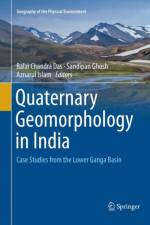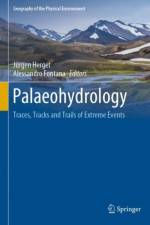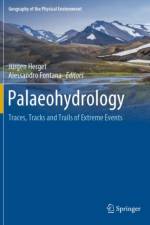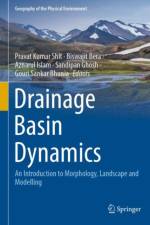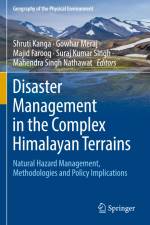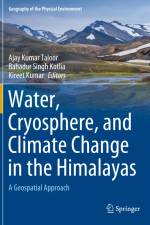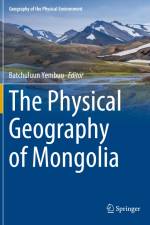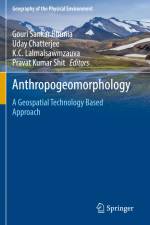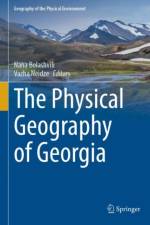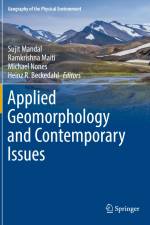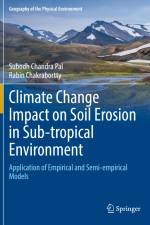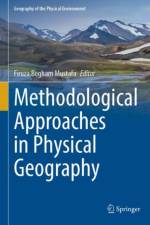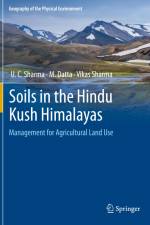av Firuza Begham Mustafa
667 - 687
Geography science aims to observe the dynamics in describing earth's surface as a place and space for humans to carry out their lives, starting from simple identification using recording and sketching models, then utilizing tools such as maps, satellite imagery, statistics and Geographic Information Systems (GIS). In the development of geography science, it is appropriate to explain phenomena of the earth in the present context along with the process of developing science and technology using suitable and effective methods. Physical geography is the branch of natural science that deals with the study of processes and patterns in the natural environment such as the atmosphere, hydrosphere, lithosphere and biosphere. This book covers the methodology of the study for all aspects of physical geography, biosphere, hydrosphere, lithosphere, and atmosphere. A comprehensive geography textbook consists of a detailed research methodology for physical geography research including a few selected case studies in Asia. The uniqueness of this book is due to the contribution of several professors and subject experts from South East and East Asia with special particular reference to cases studies from a particular region. This book covered selected methodological approaches for hydrology, climatology and geomorphology including the discovery of the best method for exploring and assessing mysterious physical phenomena using a diversity of methodologies. This book explains the principal concept, basic method, optional method, detailed description of each method, and the advantages and disadvantages of the various methods. The technique of data selection, data acquisition, method of analysis, data interpretation and data analysis techniques with a specific focus on deterministic modeling, geography techniques, geospatial modeling with Geographic Information System (GIS), Artificial Intelligence (AI), Analytic Hierarchy Process (AHP), and Automated machine techniques and combination of statistical analysis. This book attempts to explore different approaches, methodological possibilities and challenges in conducting geographical research in physical geography. New digital geographic data sources and GIS applications can help researchers to receive clearer concepts and obtain better measurements of the relevant attributes changes in the physical environment. Opportunity to critically examine the conceptualization and identification of the field in geographical research and how digital media has not only expanded the scope of what constitutes the field but has redefined the field in itself as well as the practices of observing, knowing, and analyzing the real world.

